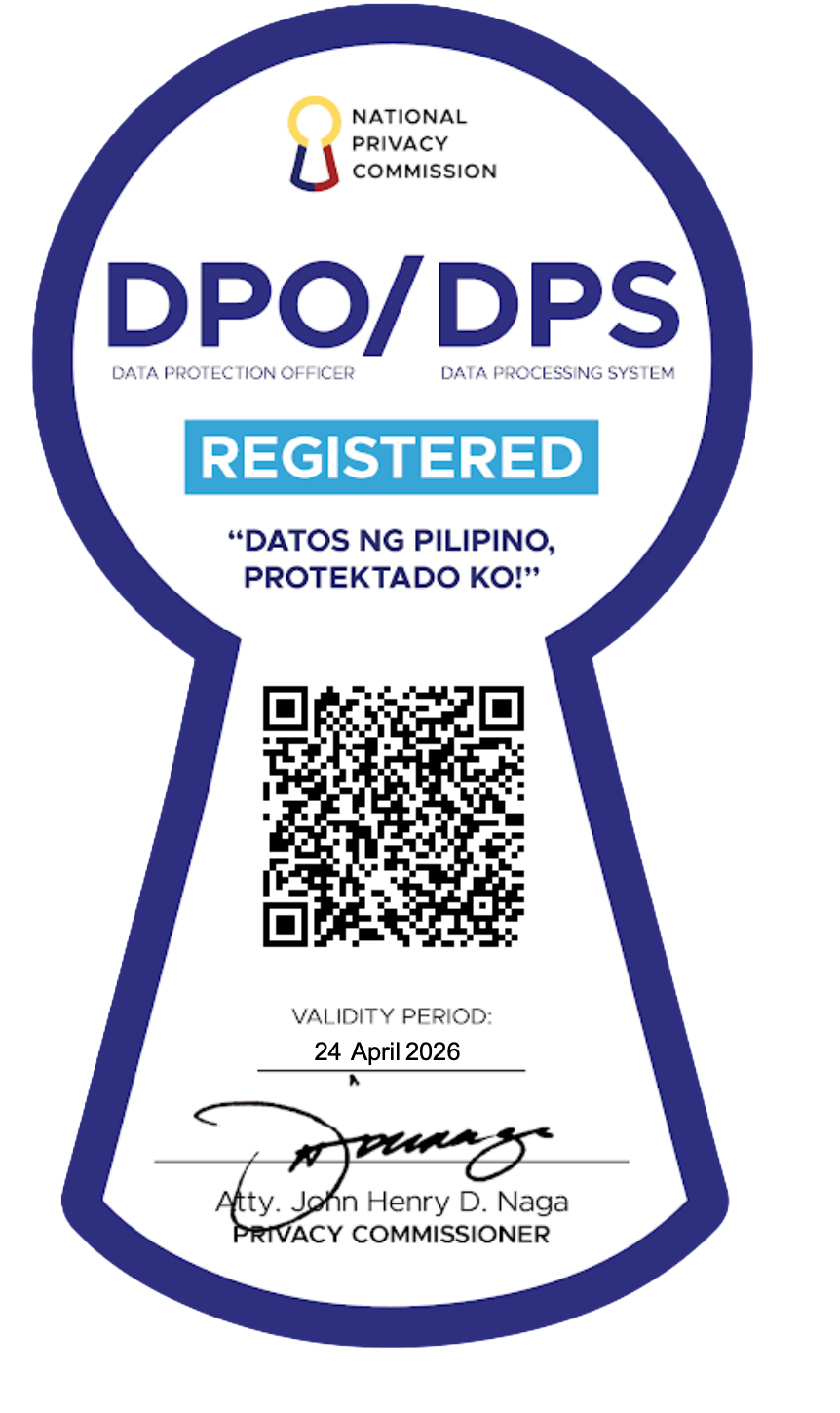The world of accounting is witnessing a silent revolution, one not led by humans, but by software robots.
Robotic Process Automation (RPA) is transforming the accounting sector by automating routine, repetitive tasks with unprecedented efficiency and accuracy. This innovation is not just a trend but a significant shift in how accounting tasks are approached, managed, and executed.
Let's delve into the transformative role of RPA in accounting and explore the various benefits it offers.
Benefits of Implementing RPA
Streamlining Accounting Tasks
RPA's most notable impact in accounting is the automation of monotonous and time-consuming tasks. From invoice processing and accounts payable/receivable to tax compliance and financial reporting, RPA bots can handle a plethora of tasks.
These software robots mimic human actions, such as logging into applications, entering data, calculating, and generating reports, but at a fraction of the time and without the risk of human error.
Enhancing Accuracy and Compliance
Accuracy is paramount in accounting, and even minor errors can have significant repercussions. RPA minimizes this risk by ensuring that tasks are performed consistently and accurately every time.
In addition, compliance with ever-changing tax laws and financial regulations is a major concern for businesses. RPA can be programmed to adapt to new rules, ensuring that accounting practices remain compliant without the need for constant manual updates.
Boosting Efficiency and Productivity
By taking over routine tasks, RPA frees up human accountants to focus on more complex, strategic work that requires human judgment and creativity. This not only boosts productivity but also allows accounting professionals to engage in more fulfilling and value-added activities, such as strategic planning and advisory services.
The increased efficiency also translates to faster turnaround times for financial processes, enabling businesses to be more agile and responsive.
Reducing Costs
The adoption of RPA leads to significant cost savings for businesses. Automating tasks reduces the need for additional staff to handle peak loads, especially during the tax season or at the end of the financial year.
Moreover, RPA bots work around the clock without breaks, allowing for a higher volume of work to be completed in a shorter timeframe, further driving down operational costs.
Improving Data Analysis and Decision Making
RPA not only automates data entry but can also play a crucial role in data analysis. By gathering and processing data from various sources, RPA tools can provide comprehensive insights and analytics, aiding in better decision-making.
This capability allows businesses to leverage their financial data more effectively, identifying trends, opportunities for cost savings, and areas for investment.
The Future of Work
The integration of RPA into various sectors, especially accounting, has sparked debates around the future of work. Will RPA replace humans and eliminate jobs? How can it help firms become future-ready and weather black swan events? These questions are at the forefront of discussions about the digital transformation of workplaces.
RPA and Human Jobs: A Shift Rather Than Replacement
The fear that RPA will replace humans and eliminate jobs is understandable but largely unfounded. Instead of replacing humans, RPA is reshaping the nature of work. By automating routine, repetitive tasks, RPA allows human employees to focus on higher-value activities that require emotional intelligence, reasoning, and personal judgment—qualities that RPA and AI cannot replicate.
In the accounting sector, for instance, RPA takes over tasks such as data entry, invoice processing, and basic report generation. This automation frees up human accountants to concentrate on strategic financial planning, client consulting, and decision-making processes that add more value to their roles and to the businesses they serve.
Thus, the advent of RPA is expected to transform jobs rather than eliminate them, requiring a workforce that is adept in both technology and the traditional skills of their profession.
RPA Making Firms Future-Ready and Resilient
RPA offers firms and organizations a powerful tool to become more resilient and future-ready, particularly in facing unpredictable black swan events—rare, unforeseeable incidents that have potentially severe consequences.
Here's how RPA contributes to building resilience:
- Increased Operational Efficiency - By automating routine tasks, RPA enables organizations to operate more efficiently, with lower costs and higher output. This efficiency creates more robust businesses capable of scaling up or down with greater agility, making them better prepared for sudden market changes.
- Data Management and Analysis - RPA can handle vast amounts of data, ensuring that firms have up-to-date and accurate information for decision-making. During a black swan event, access to real-time data and the ability to quickly analyze it can be crucial for navigating the crisis effectively.
- Business Continuity -
RPA systems can work 24/7 without interruption, ensuring that certain business operations continue even under adverse conditions. This capability is invaluable in maintaining business continuity during unexpected disruptions, such as natural disasters or pandemics.
- Risk Management - By automating compliance and reporting tasks, RPA reduces the risk of human error and ensures that firms meet regulatory requirements even during turbulent times. This aspect of RPA is especially critical in managing the increased regulatory scrutiny that often follows black swan events.
Adapting to the RPA Revolution
For organizations to leverage RPA in making themselves future-ready and capable of weathering black swan events, they must focus on several key areas:
- Training and skills development
Investing in training and development programs to equip employees with the skills needed to work alongside RPA technologies is essential. This includes understanding how to manage, interpret, and use the data and insights generated by RPA systems.
- Strategic implementation
Firms should strategically implement RPA, focusing on areas where it can add the most value and complement human capabilities, rather than simply automating for the sake of automation.
- Cultural Adaptation
It's important for any organization to adopt a culture that embraces change and innovation. Employees should view RPA as a tool that enhances their work, not as a threat to their jobs.
Final Notes
In summary, RPA is a transformative force that reshapes how work is done, making firms more efficient, adaptable, and resilient. By automating routine tasks, RPA allows human employees to engage in more meaningful work, while also providing organizations with the tools they need to thrive in unpredictable events.
The future of work with RPA is one of collaboration between humans and technology, creating a more flexible, innovative, and resilient workforce. By embracing this technology, firms and businesses can streamline their finance and accounting processes, as well as gain a competitive edge.
The revolution may be silent, but its impact on the accounting profession is loud and clear, signaling a shift towards a more automated, efficient, and forward-thinking industry.
Looking for an Accounting Outsourcing Partner?
As we embrace the era of RPA transforming the accounting landscape, enhancing efficiency, and redefining roles, it's clear that the future of accounting demands a blend of innovative technology and expert insight. This is where the strategic advantage of accounting outsourcing comes into play.
Whether you're on a mission to build a great product or you're set on leaving a mark with your practice, you deserve to have pros on your team.
At Remotely Philippines, we're ready to serve as your dedicated team that will scale with you as you grow. Reach out today to explore how our expert outsourcing team can become a pivotal part of your growth story.
Sign up for our newsletter
Get regular curated content on management, outsourcing, and everything you need to know to stay ahead of the curve.









